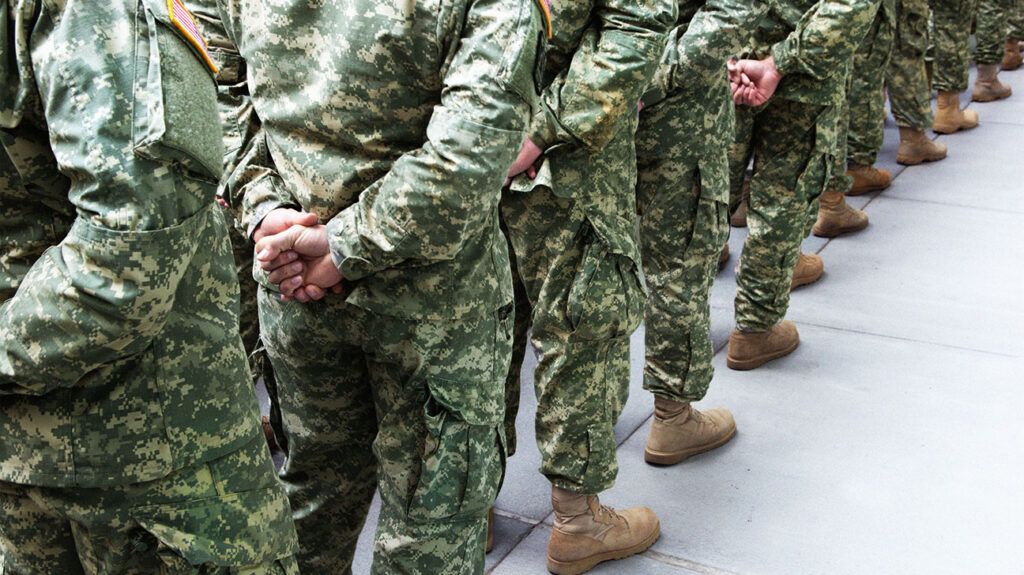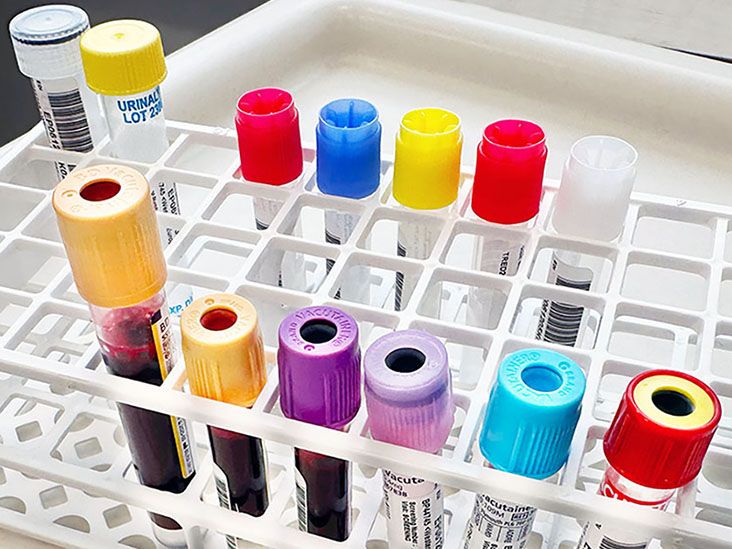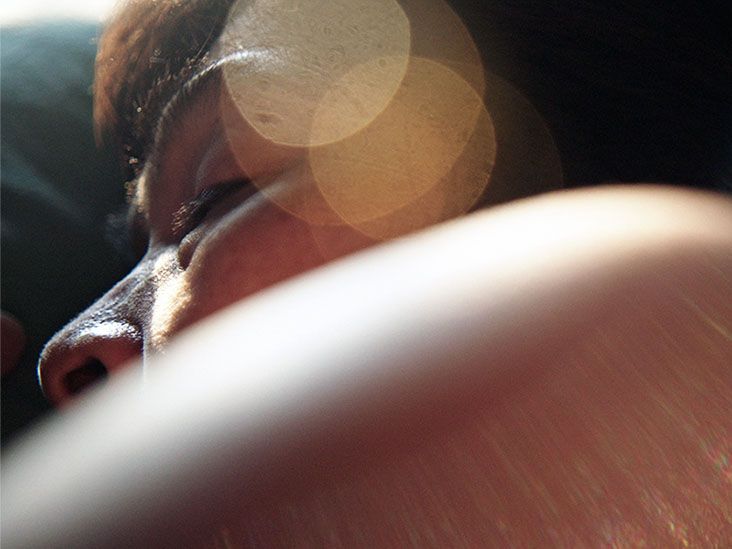Alcohol use disorder (AUD) and mental health disorders, such as post-traumatic stress disorder (PTSD), are common among veterans. Recent research suggests that AUD may increase the risk of sleep apnea in some people.
PTSD often co-occurs along with AUD and other substance use disorders among veterans. Insomnia and other sleep issues are also common among veterans, especially those with PTSD and other disorders.
While research is still limited, some studies show that alcohol use may affect a person’s risk of developing sleep apnea.

A systemic review and meta-analysis from 2018 found that alcohol consumption can increase the risk for sleep apnea by 25%.
Further research from 2019 found that alcohol can disrupt sleep in various different ways, including:
- triggering insomnia
- contributing to abnormalities in circadian rhythms
- contributing to short sleep durations
- increasing breathing-related sleep events, such as:
- oxygen desaturation
- snoring
More recent research from 2023 found even more of a link between alcohol use and sleep apnea. The researchers note that individuals with sleep apnea were around 1.5 times more likely to experience alcohol-related disorders. On the other hand, they found that sleep apnea may be a predisposing factor to alcohol use disorders.
The research so far shows there may be a potential connection between sleep apnea and alcohol-related disorders.
According to a 2020 review, obstructive sleep apnea had a prevalence of 22.2% among veterans in 2018.
Research from 2024 verified that sleep apnea was common among veterans. It also notes that comorbid central sleep apnea appears to be more common than isolated central sleep apnea.
Comorbid means that it occurs along with another condition.
One common co-occurrence with comorbid central sleep apnea is PTSD, which can often occur along with AUD.
According to 2022 information from a 2020 national survey from the Substance Abuse and Mental Health Services Administration (SAMHSA), around 2.4 million (12%) of veterans 18 years old and older experience a substance use disorder in their lifetime. Of those, 70.1% experience issues with alcohol use.
SAMHSA also notes that 1.1 million (5.7%) of these individuals also experienced a co-occurring mental health condition.
The Department of Veterans Affairs (VA) offers treatments for both sleep apnea and AUD.
Sleep apnea
The main treatment for sleep apnea provided by the Department of Veterans Affairs (VA) is a positive airway pressure (PAP) device. Between 2016 and 2023, around 1.4 million veterans received a PAP device.
However, research from 2024 found that adherence to PAP therapy among veterans was less than 50%. This could mean that other treatment options may be necessary to help treat sleep apnea in veterans.
In 2021, the VA announced the use of a new treatment with Food and Drug Administration (FDA) approval called Inspire. Inspire is an implantable nerve stimulator that
AUD
The VA can offer various treatment options for AUD. These include both pharmacological and psychosocial treatments.
Pharmacological treatments may include:
- naltrexone
- topiramate
- acamprosate
- disulfiram
Psychosocial treatments may include:
- cognitive behavioral therapy (CBT)
- community reinforcement, which helps individuals find ways to meet their emotional and social needs without alcohol or other substances
- behavioral couples therapy, which helps improve a couple’s relationship while building needed support for abstinence
- twelve-step facilitation
- motivational enhancement therapy
Research shows that there is a connection between sleep apnea and alcohol use disorder (AUD). Both conditions are common occurrences among veterans.
The two conditions can often co-occur together and with mental health conditions, such as post-traumatic stress disorder (PTSD).
The Department of Veterans Affairs (VA) offers support and care for veterans with sleep apnea, AUD, or both.


